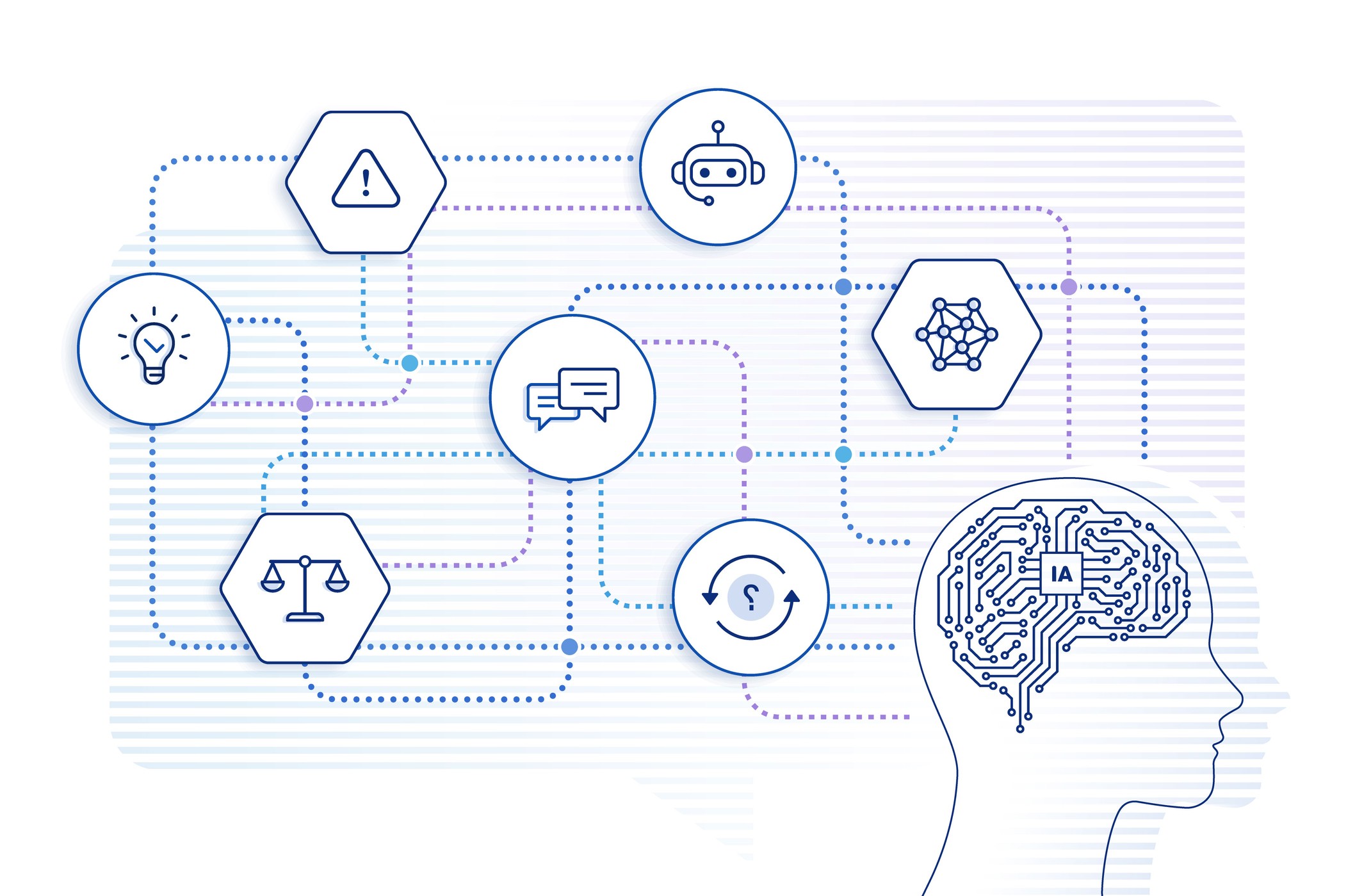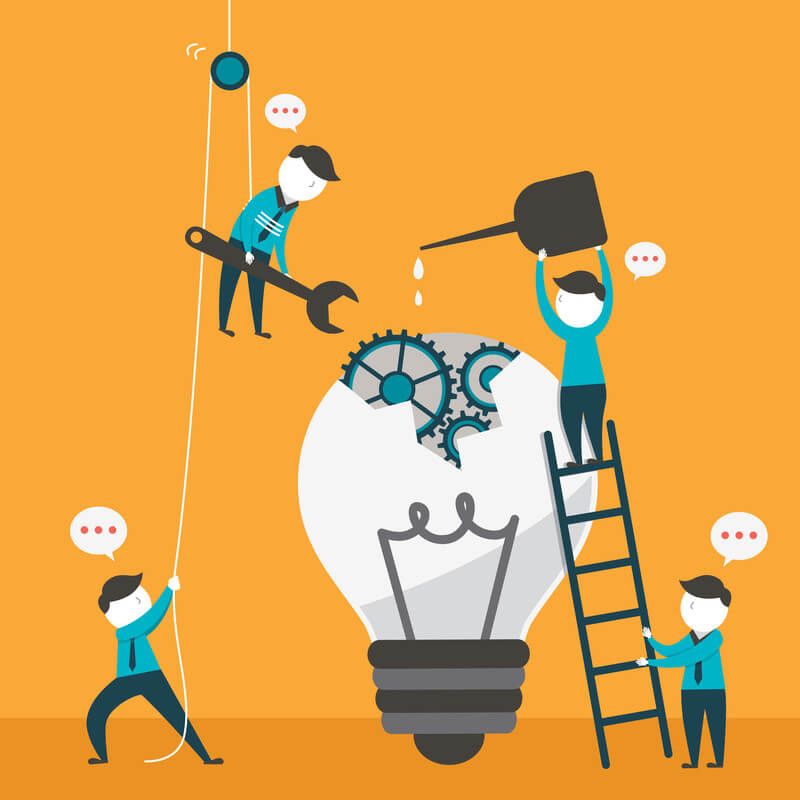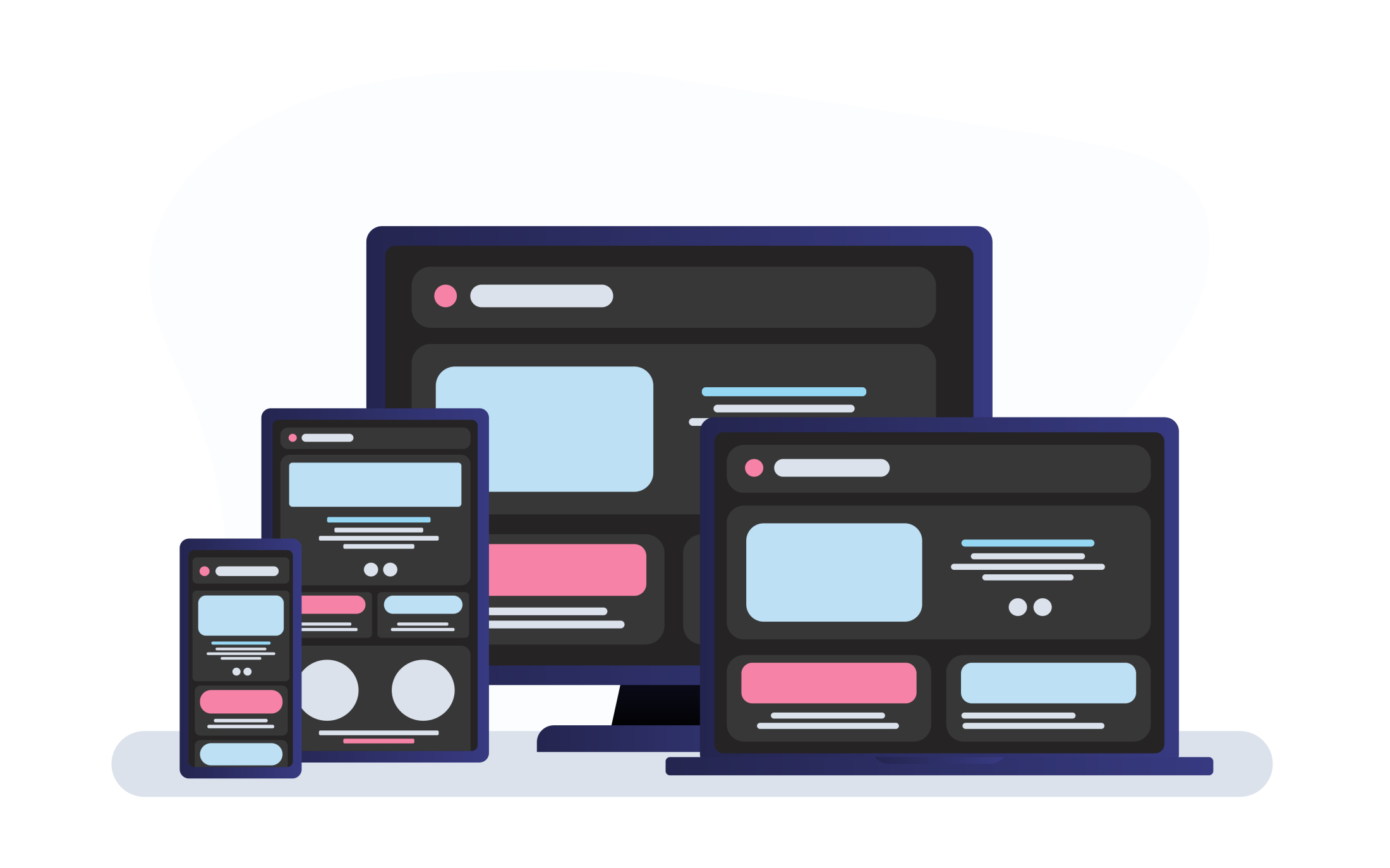Ethical Web Development has emerged as a cornerstone of building trustworthy and respectful online environments. It encompasses a broad range of practices designed to respect user data, ensure transparency in consent, and foster inclusive and positive digital experiences.
Central to Ethical Web Development are the principles of data privacy, transparent user consent, and the creation of ethical user experiences. These elements serve as guiding lights for developers, ensuring that every aspect of a website or application not only meets the technical and aesthetic needs of users but also protects their rights and dignity in the digital realm. By focusing on these key areas, developers can contribute to a more secure, accessible, and equitable internet for everyone.
Foundations of Ethical Web Development
Ethical Web Development refers to the conscientious approach to designing, creating, and maintaining web applications and websites that prioritize the rights, safety, and well-being of users. It involves a commitment to transparency, accountability, and fairness in every aspect of the web development process.
This approach extends beyond the technical execution to encompass how decisions made during development can affect the users and the wider community.
What Constitutes Ethical Practices in Web Development?
Ethical practices in web development are characterized by several key components:
- Respect for User Privacy
Implementing strong data protection measures and ensuring that users' personal information is collected, stored, and processed securely and lawfully. - Transparency and User Consent
Providing clear, comprehensible information about how user data is used and obtaining explicit consent before collecting any personal information. - Accessibility and Inclusivity
Designing websites and applications that are accessible to users with varying abilities, ensuring that the web remains an inclusive space for everyone. - Sustainability
Considering the environmental impact of web development processes and opting for solutions that minimize carbon footprint and energy consumption. - Security
Adopting robust security measures to protect websites and applications from cyber threats, thereby safeguarding user data and trust.
The Impact of Ethical Practices on Users and Businesses
For Users
- Trust and Confidence
Ethical web development practices build trust between users and digital platforms. When users feel confident that their data is treated with respect and their privacy is protected, they are more likely to engage with the website or application. - Better User Experience
Ethical considerations often lead to more user-friendly designs, improved accessibility, and overall better user experiences, making digital platforms more welcoming and easier to navigate for a diverse audience.
For Businesses
- Brand Reputation
Companies that adhere to ethical web development practices are often viewed as more trustworthy and responsible, enhancing their reputation and brand value. - Legal Compliance and Risk Mitigation
Following ethical guidelines helps businesses comply with increasingly stringent data protection laws, reducing the risk of legal penalties and reputational damage. - Long-term Customer Loyalty
By prioritizing the well-being and rights of users, businesses can foster loyalty and establish long-term relationships with their customer base.
Ethical Web Development is not just about adhering to best practices in coding and design; it's about adopting a holistic approach that considers the ethical implications of web projects on society.
Principles of Ethical Web Development
Ethical Web Development is underpinned by core principles that guide developers and businesses towards creating digital solutions that respect user rights and contribute positively to the digital ecosystem. These principles ensure that web development practices not only meet technical standards but also align with ethical considerations that prioritize the well-being of users and the planet.
User Privacy and Data Protection
Data is one of the most valuable assets for both individuals and businesses. Safeguarding user data is not just a legal obligation; it's a moral imperative that underpins trust and safety online. Protecting personal information from unauthorized access and breaches is crucial in maintaining user trust and ensuring the integrity of digital platforms.
To protect user data, implementing strong data encryption is essential. Encryption acts as a robust barrier against data breaches, ensuring that even if data is intercepted, it remains unreadable and secure. Alongside encryption, secure data storage solutions must be employed. This involves using secure servers, regularly updating and patching systems, and adhering to best practices in data handling and storage to prevent data loss or theft.
Transparent User Consent
Transparency in how user data is collected, used, and shared is fundamental to ethical web development. Clear and transparent user consent mechanisms should be implemented, allowing users to make informed decisions about their data. This includes providing easy-to-understand consent forms, clear options to opt-in or opt-out of data collection, and detailed information on how data will be used.
Cookie policies and regulations like the General Data Protection Regulation (GDPR) have set standards for user consent and data privacy. Adhering to these regulations not only ensures compliance but also demonstrates a commitment to ethical practices. Cookie policies should inform users about the use of cookies and offer them control over their preferences, while GDPR compliance involves respecting user rights, such as the right to access, correct, and delete their personal data.
Inclusive and Accessible Design
Web accessibility is a crucial aspect of ethical web development. Websites and applications should be designed and developed to be accessible to everyone, including users with disabilities. This involves following guidelines such as the Web Content Accessibility Guidelines (WCAG) to ensure that digital content is perceivable, operable, understandable, and robust for all users.
Responsive design is essential for creating flexible and accessible digital experiences. By ensuring that websites and applications are easily navigable and functional across a range of devices and screen sizes, developers can improve accessibility and usability for a diverse audience, enhancing the overall user experience.
Sustainable Development Practices
Sustainable development practices involve considering the environmental impact of web development. Adopting energy-efficient coding practices can significantly reduce the digital carbon footprint of websites and applications. This includes optimizing code, reducing the use of resource-intensive processes, and selecting green hosting solutions.
Minimizing the digital carbon footprint is an integral part of ethical web development. This can be achieved by optimizing images and videos, leveraging caching, and minimizing the use of third-party scripts that may increase loading times and energy consumption. By focusing on efficiency and sustainability, developers can contribute to a more environmentally friendly digital landscape.
Implementing Ethical Practices
The implementation of ethical practices in web development is a multifaceted process that involves choosing the right tools and technologies, understanding the challenges, and applying solutions and best practices to navigate these obstacles effectively.
Tools and Technologies for Ethical Web Development
Privacy-focused web development is supported by a variety of tools designed to enhance data protection and ensure user confidentiality. These include:
- Privacy Management Platforms: Tools like OneTrust or TrustArc help businesses manage user consent, data privacy, and compliance with regulations like GDPR and CCPA.
- Secure Communication Protocols: Implementing HTTPS with TLS (Transport Layer Security) ensures that data transmitted between the user's browser and the web server is encrypted and secure.
- Data Encryption Tools: Technologies such as AES (Advanced Encryption Standard) for data encryption and secure storage solutions safeguard user data at rest and in transit.
- Anonymization and Pseudonymization Tools: Tools that anonymize or pseudonymize data help in minimizing the risks associated with data processing and storage, ensuring that personal information cannot be easily linked back to an individual.
Leveraging Frameworks That Support Secure Coding Practices
Frameworks and libraries that promote secure coding practices are essential for ethical web development. Examples include:
- OWASP Top Ten: Adhering to the OWASP Top Ten security risks and implementing recommended practices can significantly enhance web application security.
- Secure Development Frameworks: Frameworks such as Ruby on Rails, Django for Python, and Laravel for PHP have built-in security features that help prevent common vulnerabilities like SQL injection and cross-site scripting (XSS).
Challenges and Solutions
Implementing ethical web development practices can present several challenges, including:
- Balancing Functionality with Privacy: Ensuring user privacy while maintaining the functionality and user experience of the website or application.
- Staying Updated with Compliance Regulations: Keeping up with constantly changing data protection laws and compliance requirements.
- Resource Constraints: Limited resources in terms of time, budget, and technical expertise to implement ethical practices effectively.
To navigate the complexities and overcome the challenges inherent in implementing ethical web development practices, it's essential to adopt a range of solutions and best practices. These strategies not only mitigate the risks associated with ethical web development but also pave the way for creating more secure, user-friendly, and ethically sound digital products.
- Privacy by Design: Integrating privacy into the development process from the outset can help balance functionality with privacy requirements.
- Continuous Education and Training: Staying informed about the latest regulatory changes and security threats through continuous education and training.
- Open Source Tools and Community Support: Leveraging open-source tools and the knowledge within the developer community can alleviate resource constraints and provide insights into implementing ethical practices effectively.
The Future of Ethical Web Development
The field of Ethical Web Development is set to witness significant changes influenced by emerging trends and technologies. The integration of advanced technologies such as Artificial Intelligence (AI) and Machine Learning (ML), alongside shifting societal values towards privacy and sustainability, will shape the future of ethical practices in web development.
Emerging Trends and Technologies
AI and ML are poised to play a pivotal role in advancing ethical web development through:
- Automated Compliance and Privacy Management
AI can automate the monitoring and management of privacy policies and data protection practices, ensuring websites remain compliant with evolving regulations such as GDPR and CCPA. - Enhanced Security Measures
Machine learning algorithms can detect and prevent security threats in real-time, providing an additional layer of protection against data breaches and cyberattacks. - Personalization without Invasion
AI-driven personalization offers the potential to enhance user experience by tailoring content and services to individual preferences, all while respecting user privacy and consent.
Predictions for Future Ethical Considerations in Web Development
Several predictions can be made about the ethical considerations that will become increasingly important in web development:
- Privacy-First Design
Privacy will continue to be a central focus, with developers adopting a privacy-first approach that considers data protection and user consent integral components of the design and development process. - Sustainability in Web Design
With growing awareness of the environmental impact of digital technologies, sustainable web design practices will gain prominence. Developers will seek ways to minimize energy consumption and reduce the carbon footprint of their digital products. - Ethical AI Use
The ethical use of AI in web development will become a critical consideration. This includes ensuring AI systems are transparent, accountable, and free from biases that could harm users or perpetuate inequality. - Increased Regulation and Standardization
Expect more rigorous standards and regulations governing data privacy, security, and ethical web development practices. These regulations will aim to protect users and ensure a fair, transparent, and secure digital environment.
As new technologies emerge and societal expectations evolve, developers and businesses alike must remain vigilant and adaptable, ensuring that their practices not only meet the technical and functional needs of users but also uphold the highest ethical standards.
Building a Future of Digital Trust and Integrity
The adoption of ethical practices in web development is critical not only for meeting compliance standards and achieving technical excellence but also for establishing durable relationships with users based on trust and respect.
Integrating ethical practices into web development projects is essential—it's a proactive step towards participating in a digital ecosystem that prioritizes and safeguards its users. As technology advances, maintaining a commitment to these ethical principles becomes vital for creating an inclusive, secure, and sustainable digital future.




